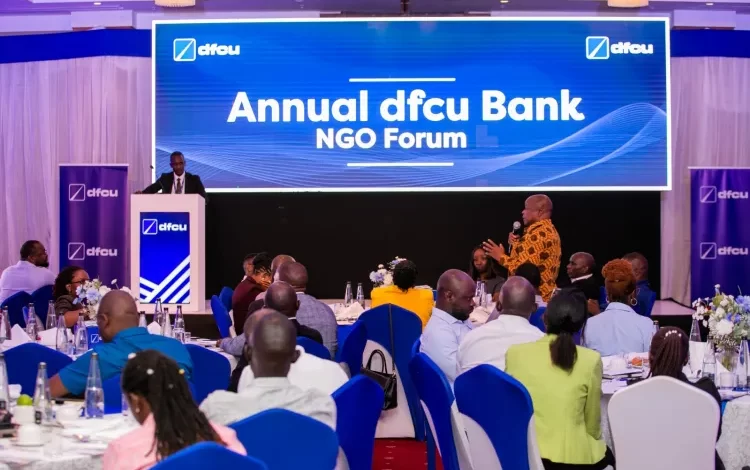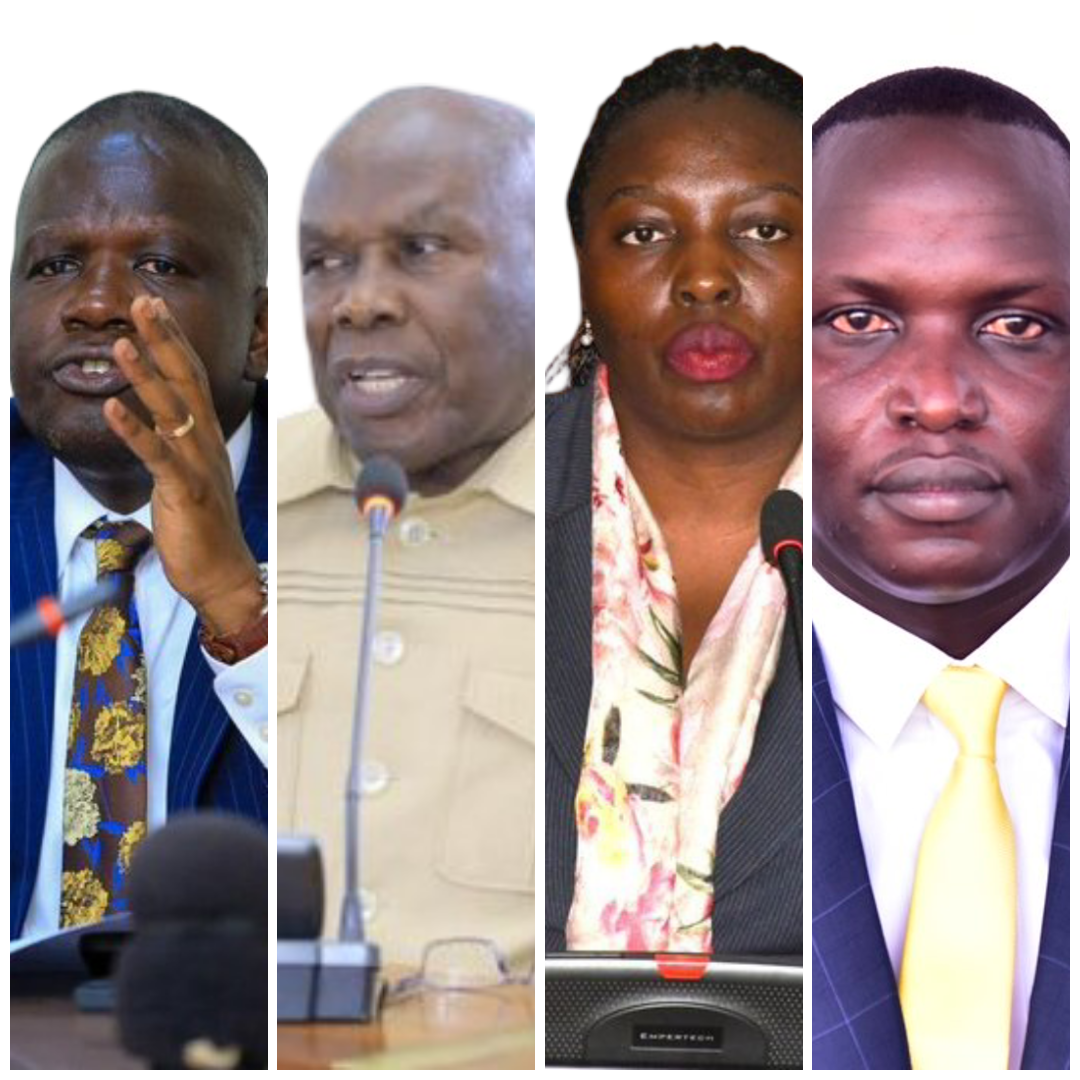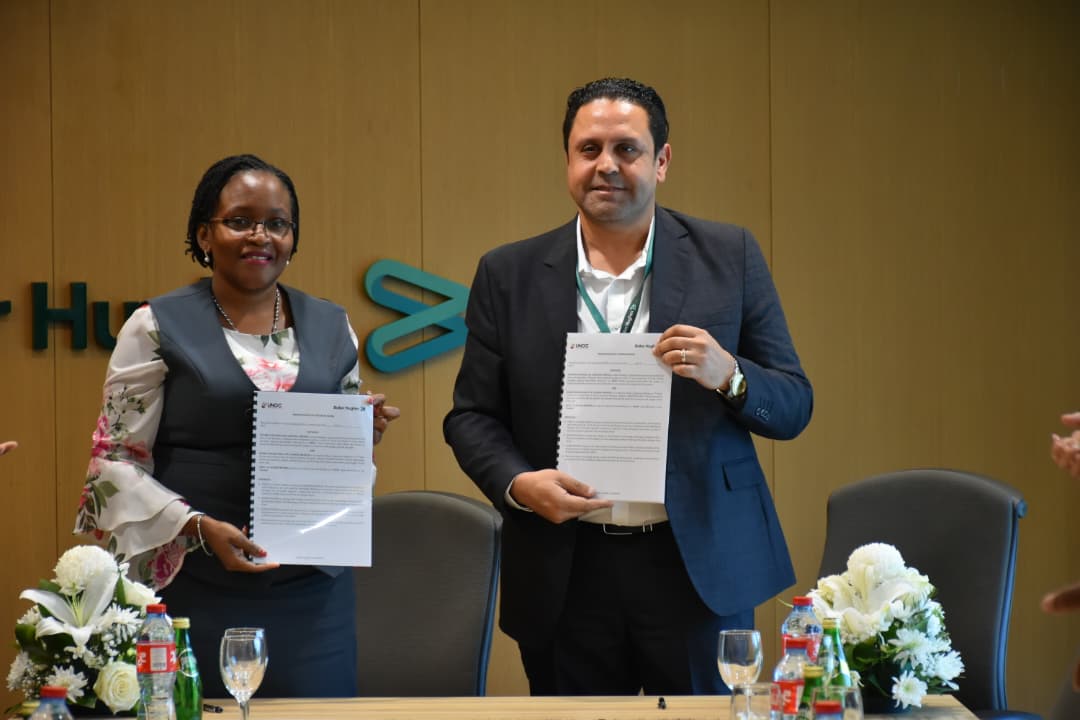dfcu Bank urges NGOs to seize financial independence amid declining donor funding
With over 100 representatives from NGOs and key stakeholders in attendance, the event underscored the urgent need for financial resilience in the sector.

At a time when international donor funding is on the decline, dfcu Bank is stepping up to help Non-Governmental Organizations (NGOs) in Uganda chart a new course for sustainability.
The bank recently hosted its annual NGO Forum at the Sheraton Hotel, focused on “Adapting to Reduced Donor Funding: Strategies for NGOs to Sustain Local Impact and Relevance.”
With over 100 representatives from NGOs and key stakeholders in attendance, the event underscored the urgent need for financial resilience in the sector.
The message from dfcu Bank was clear: Uganda’s NGOs must evolve and diversify their funding strategies to remain effective and relevant.
“The reduction in donor funding presents challenges, but it also opens doors for NGOs to rethink their financial models,” said Kate K. Kiiza, dfcu Bank’s Chief Financial Officer & Executive Director.
Her remarks echoed the bank’s longstanding mission to foster Uganda’s development through sustainable finance, and this extends to empowering NGOs in their critical roles within the community.
Keynote speaker Robert Kwesiga, Secretary General of the Uganda Red Cross Society, highlighted the increasing demand for humanitarian services amid a backdrop of civil unrest, climate disasters, and pandemics.
He emphasized that while Western countries have traditionally been the primary donors, internal challenges in those regions are shrinking the global pool of humanitarian funding.
This shift, he noted, calls for greater involvement from Uganda’s private sector, individuals, and corporate entities.
One of the innovative solutions presented at the forum was the launch of the Red Cross Humanitarian Fund, which provides an avenue for local contributions to support humanitarian efforts.
Kwesiga urged Ugandan institutions to step up and share the responsibility of funding, citing the COVID-19 pandemic as an example where the private sector played a pivotal role in mobilizing resources.
For its part, dfcu Bank has tailored a suite of financial products specifically for NGOs, including multi-currency accounts, competitive interest rates, and foreign exchange services designed to optimize liquidity.
In addition, the bank’s investment options in government securities offer NGOs an opportunity to generate higher returns and improve their cash flow.
Kiiza emphasized the importance of financial strategy, stating that “diversification of funding, efficient cash flow management, and strong local partnerships are essential for NGOs to continue thriving.”
She assured NGOs that dfcu is committed to walking alongside them in this journey, offering banking solutions that not only meet their immediate financial needs but also contribute to long-term sustainability.
As donor funding becomes increasingly uncertain, dfcu Bank is positioning itself not just as a financial institution but as a strategic partner, helping NGOs navigate the evolving landscape.
Through its Corporate Social Responsibility (CSR) initiatives, dfcu offers collaboration opportunities in areas like financial literacy and youth empowerment, further strengthening its ties with organizations driving social change in Uganda.
The NGO Forum served as a reminder that while the global humanitarian funding landscape may be shifting, there are still untapped opportunities for local resilience.
With dfcu Bank’s support, Uganda’s NGOs have the tools to adapt and thrive, ensuring that their mission to transform communities remains on course.







